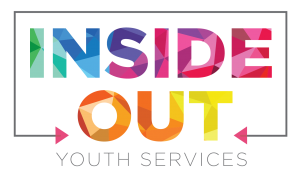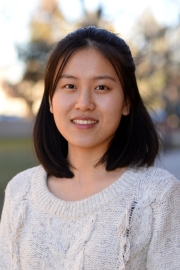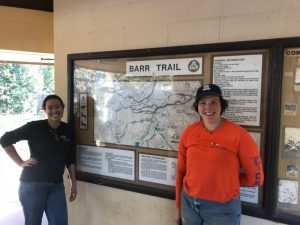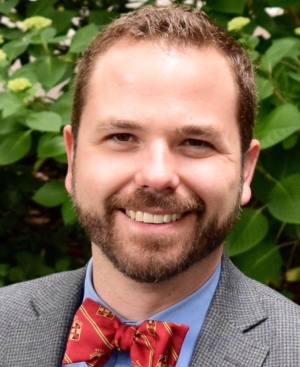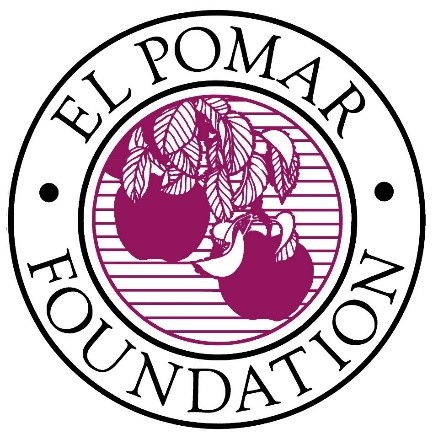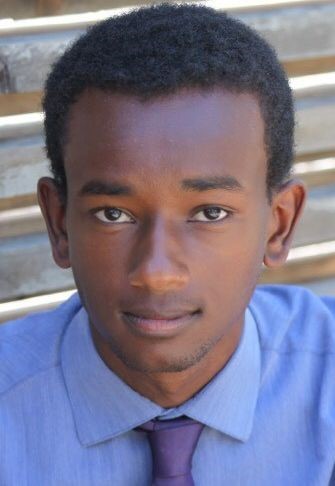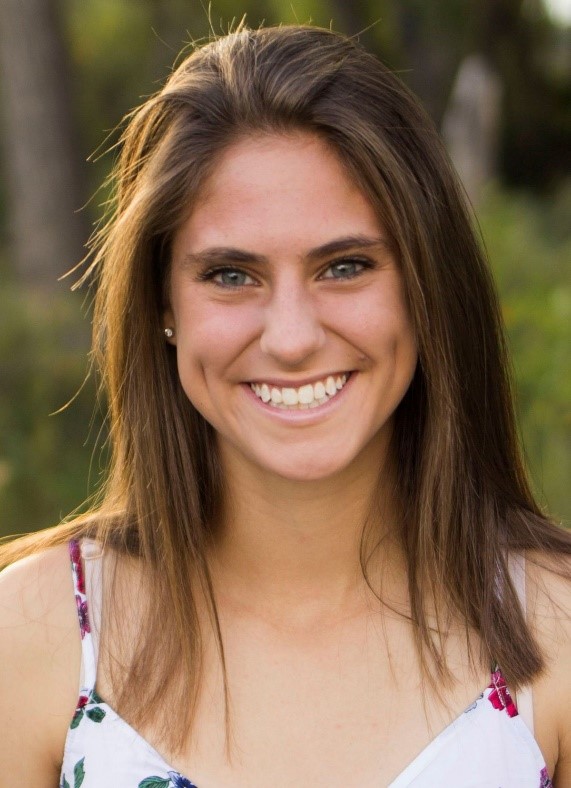Idris Goodwin, who previously taught for six years in the Department of Theatre and Dance at CC, returned to become director of the Colorado Springs Fine Arts Center at Colorado College in May of 2020. Because of his focus on using the arts to build more equitable, inclusive and inspirational spaces for everyone, the CCE staff was thrilled to reach out and get his thoughts on the intersection between community engagement and the fine arts!
Q: Most people don’t necessarily think about inclusion or community engagement when they think of art, particularly the fine arts. How do you see the interaction between community engagement and art?
A: “Some of it has to do with the with the culture created around the presentation, preservation and financing of the work. Museums can be seen as these large, intimidating, white-walled palaces where folks can’t make noise, can’t take pictures and can’t touch anything. Now obviously we want to keep the objects safe but if there is no demand, hunger, curiosity, or interest in those objects then what are we doing? If the community doesn’t feel comfortable, welcomed and connected to our building and with our objects, what’s our purpose?
“The FAC at its best has been able build and sustain bridges between our building and the world outside. This is where creative and intentional learning and engagement come into play in our programming, and we’re able to take full advantage of our interdisciplinary nature. Arts education through the FAC’s Bemis School of Art and the FAC Theatre School both invite and provide opportunities for all to explore their own artistic voice. Beyond the classroom, we nurture a community of artists by offering spaces of inclusion, collaboration, and inspiration on our stages, in the galleries, and more recently in community conversations happening online.
“The word vitality is in our mission and that’s a key– fomenting a demand and hunger for art as a lifestyle, a culture – not just a collection of objects.”
Q: Why do you think access to the arts is so important for all people?
A: “Our art is our story. And we have to know our story, or else, who are we? So it’s a form of history keeping and sharing. Moreover, the arts can be the galvanizing tool to bring different walks together in the same space and spark necessary conversations. I think the area where most arts organizations need to improve is ensuring that we have a wide range of opportunities for people to see themselves somehow reflected in what they’re experiencing. We can’t presume to know everything about everyone; it’s crucial that we seek to represent diversity in all the ways humanity presents it.”
Q: How will the incorporation of the Fine Arts Center by CC benefit the diverse communities in Colorado Springs? How would you like to see CC students become a part of that experience?
A: “This union is why I came back. I believe the marriage of these two entities is a unique and powerful beginning to a new chapter.
“The students, faculty and staff of CC will be key players in writing that chapter. It’s about being in conversation, a regular transference of ideas and needs. The diversity of each individual contributor bringing value to our work and the programming we build for the broader community. It’s our goal that every single student, faculty member and staff have at least one transformative experience with the FAC every year. Though obviously we think we can provide more than that.”
Q: Particularly regarding the engagement with all local communities, where would you like to see the Fine Arts Center in 5 years? 10 years?
A: “In the near term, 2021, we intend to bust out of the COVID confines and bring arts experiences outside—socially distanced and safe of course through an initiative we’re calling City As A Venue, designed to fill the existing stages and platforms in our city. Exciting stuff, more on this soon. In addition to this, we’ll continue to grow the digital programs and interactions introduced through 2020 to supplement these in-person experiences and further our efforts in reaching new audiences, creating access and experimenting with our creative output.
“By seizing on these opportunities to evolve the way we present the arts, I truly believe the Fine Arts Center can be a unique and innovative institution that truly reflects the college, the region and the world in the years to come.”
We’d like to thank Idris for his participation and on-going efforts to transform the role of the FAC and the arts. You can read more about him here!

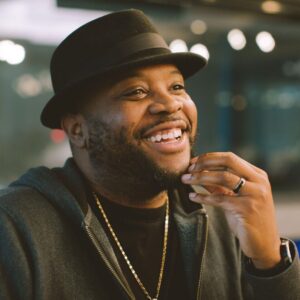
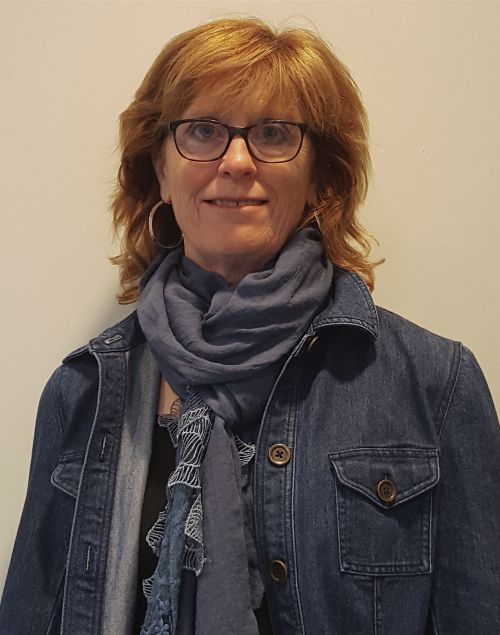 This past fall, Theatre Dance Professor Shawn Womack worked with CC students and residents from two participating care facilities – MacKenzie Place and Life Care Colorado Springs, on the “Of a Time” project, to attempt to counter the restrictions on social interaction and alleviate isolation that has come about by the COVID-19 pandemic. Her project has had both extra-curricular and co-curricular components. Professor Womack noted that “This project was a direct result of the pandemic. How to build connection across different communities? Zoom was our means, of course. It felt all the more urgent when care facilities went to lockdown and students have become more isolated from one another.”
This past fall, Theatre Dance Professor Shawn Womack worked with CC students and residents from two participating care facilities – MacKenzie Place and Life Care Colorado Springs, on the “Of a Time” project, to attempt to counter the restrictions on social interaction and alleviate isolation that has come about by the COVID-19 pandemic. Her project has had both extra-curricular and co-curricular components. Professor Womack noted that “This project was a direct result of the pandemic. How to build connection across different communities? Zoom was our means, of course. It felt all the more urgent when care facilities went to lockdown and students have become more isolated from one another.”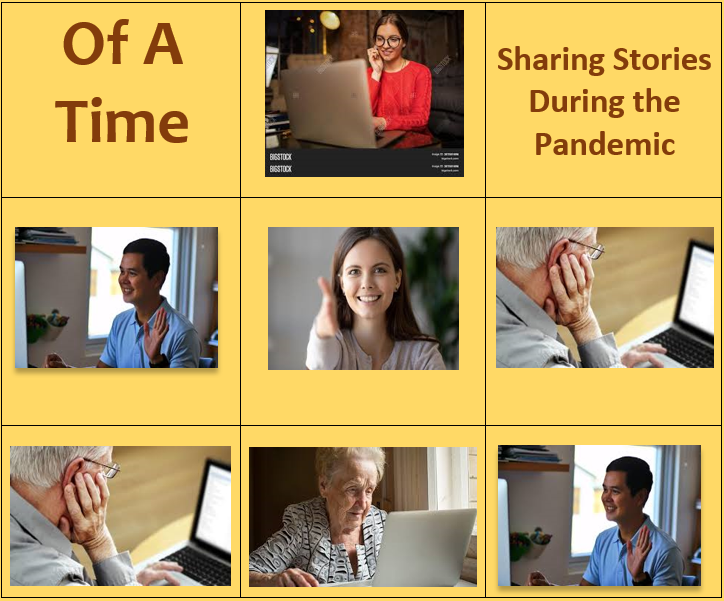 In her adjunct course, GS 222: “Of A Time: Sharing Stories and Creative Expression during COVID-19”, students took their Zoom meetings a step further and used them as inspiration for a creative project. Over the course of 3 blocks, students were instructed to meet with elders and then manifest their encounter using an artistic medium such as music, dance, writing, theatre, drawing, sculpture, photography, film, or digital media.
In her adjunct course, GS 222: “Of A Time: Sharing Stories and Creative Expression during COVID-19”, students took their Zoom meetings a step further and used them as inspiration for a creative project. Over the course of 3 blocks, students were instructed to meet with elders and then manifest their encounter using an artistic medium such as music, dance, writing, theatre, drawing, sculpture, photography, film, or digital media.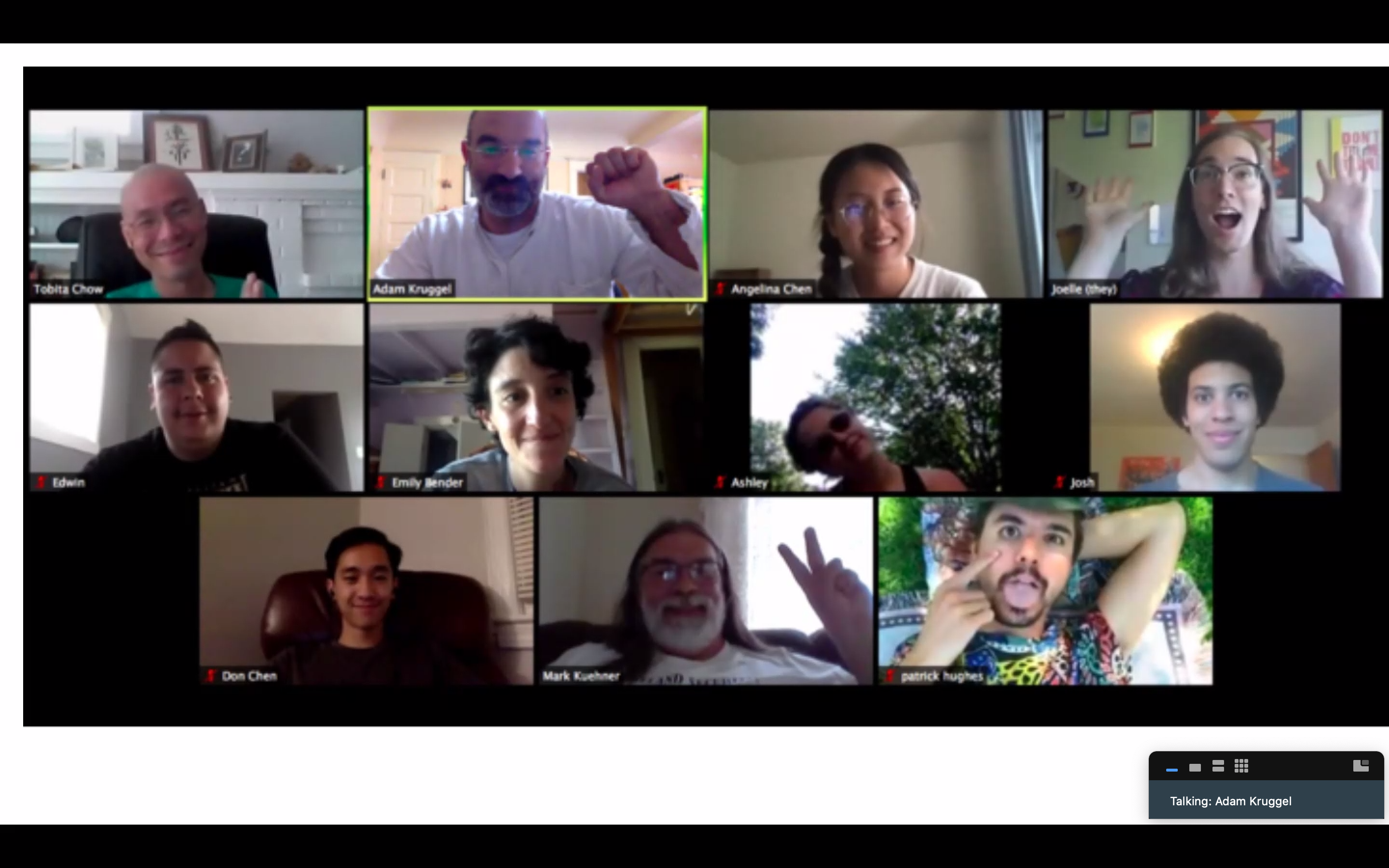 Chen started by admitting that “I wasn’t too sure what I was going into at the beginning because, with Covid-19, the organization itself was undergoing some changes in its agenda and programs.” She went to add that “eventually my internship experience exceeded my expectation…I got a glimpse into the experiences, aspirations, and struggles of seasoned organizers and activists, especially those rooted in the Asian American communities, as I helped to build a coalition of Asian American organizations” When asked about the effect Covid-19 had on her internship, she added that “surprisingly, Covid-19 became central to my work at JIG. As part of my internship, I participated in a deep canvassing project that aims to address anti-Asian sentiments and shift public opinion towards global cooperation during the pandemic. We called democrat and independent voters in Michigan and Pennsylvania and tried to start a conversation about the pandemic, checked in on their well-being, and built rapport over the phone.”
Chen started by admitting that “I wasn’t too sure what I was going into at the beginning because, with Covid-19, the organization itself was undergoing some changes in its agenda and programs.” She went to add that “eventually my internship experience exceeded my expectation…I got a glimpse into the experiences, aspirations, and struggles of seasoned organizers and activists, especially those rooted in the Asian American communities, as I helped to build a coalition of Asian American organizations” When asked about the effect Covid-19 had on her internship, she added that “surprisingly, Covid-19 became central to my work at JIG. As part of my internship, I participated in a deep canvassing project that aims to address anti-Asian sentiments and shift public opinion towards global cooperation during the pandemic. We called democrat and independent voters in Michigan and Pennsylvania and tried to start a conversation about the pandemic, checked in on their well-being, and built rapport over the phone.”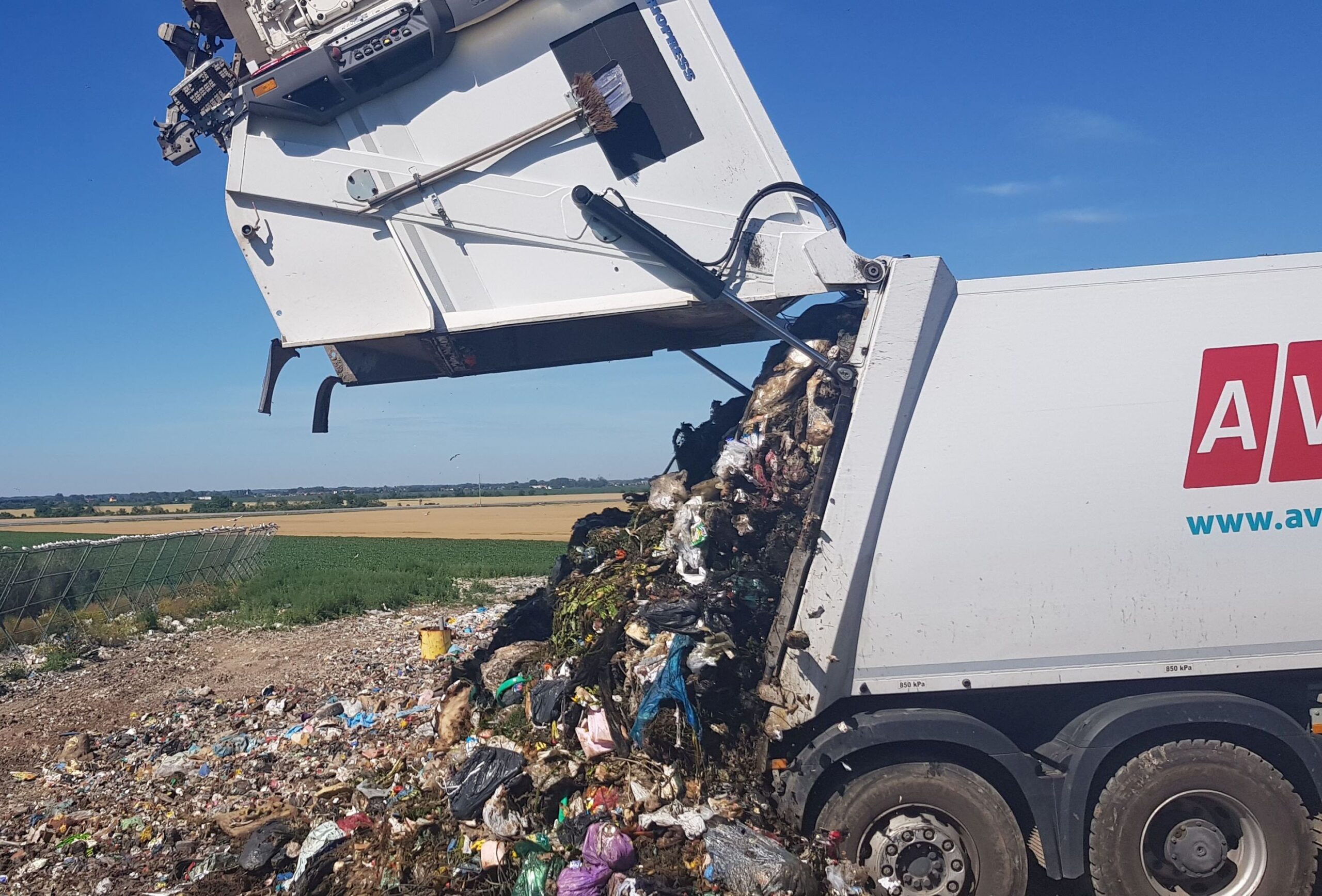 He added that part of what Incien was working on was establishing the path trash takes after being disposed of: “We visited landfills releasing toxic methane, which were covered by green healthy grass from the side of the road, and with an open trash dump on the side that is overlooking fertile fields. We visited polystyrene producers who were trying to include recycled polystyrene in their products. We visited an electronics recycling company where often fully functional speakers, toys, and devices were recycled.” Reflecting on his work, he added “I saw what recycling means…It comes down to our need for endless consumption in our daily lives and to the system that not only allows us to do so but cannot function without it.
He added that part of what Incien was working on was establishing the path trash takes after being disposed of: “We visited landfills releasing toxic methane, which were covered by green healthy grass from the side of the road, and with an open trash dump on the side that is overlooking fertile fields. We visited polystyrene producers who were trying to include recycled polystyrene in their products. We visited an electronics recycling company where often fully functional speakers, toys, and devices were recycled.” Reflecting on his work, he added “I saw what recycling means…It comes down to our need for endless consumption in our daily lives and to the system that not only allows us to do so but cannot function without it.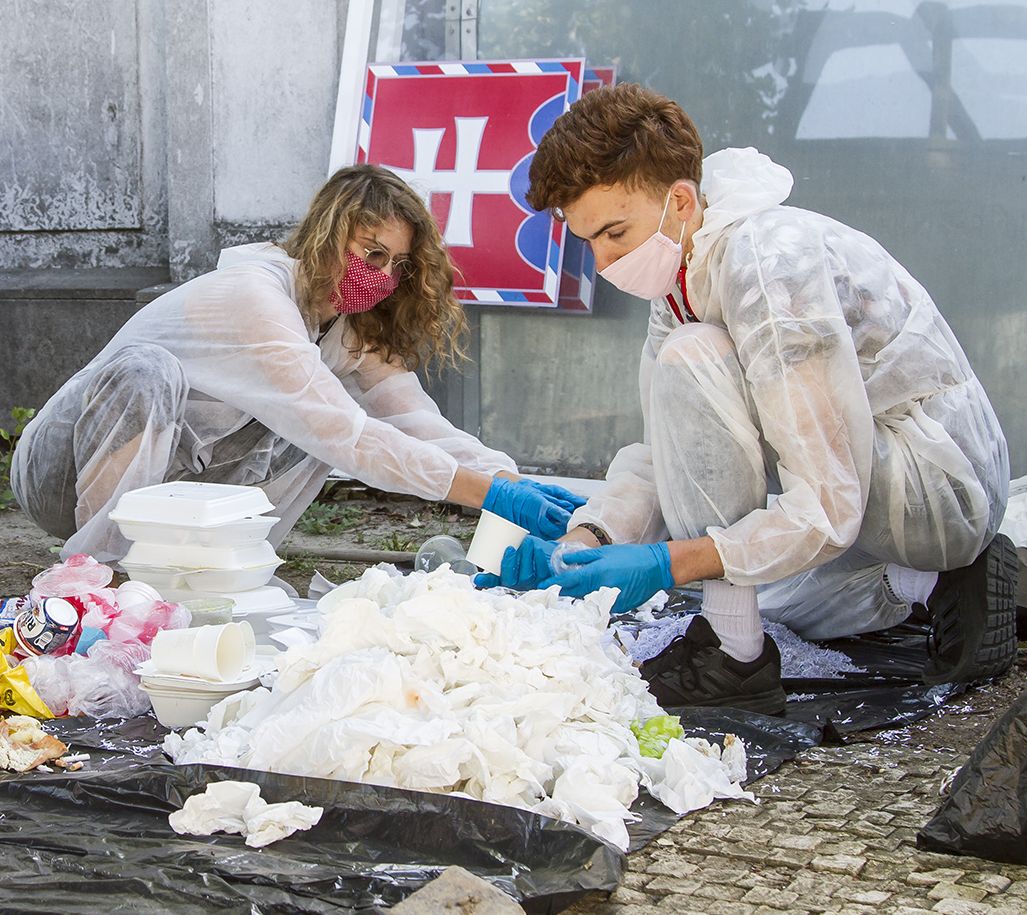 Fortunately, many important people realize this conundrum and are trying to change our addiction to waste.” Carnogursky worked with Incien to do a waste analysis and presentation for Slovak President Zuzana Caputova: “I realized how relatively easy it is to get far when one is passionate and in the right place at the right time. Or I was just lucky. But it felt great to elevate the issue to the president’s attention.”
Fortunately, many important people realize this conundrum and are trying to change our addiction to waste.” Carnogursky worked with Incien to do a waste analysis and presentation for Slovak President Zuzana Caputova: “I realized how relatively easy it is to get far when one is passionate and in the right place at the right time. Or I was just lucky. But it felt great to elevate the issue to the president’s attention.”